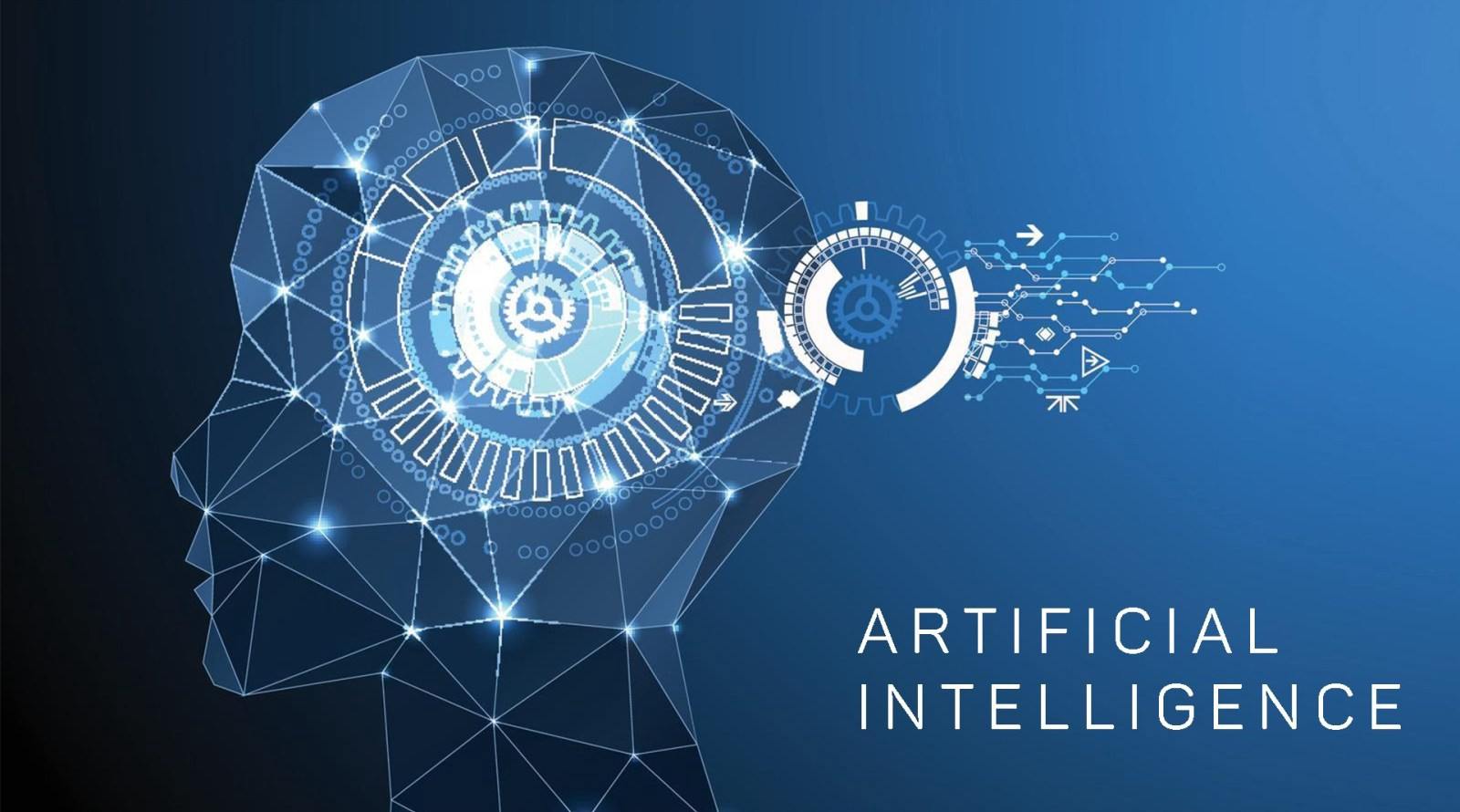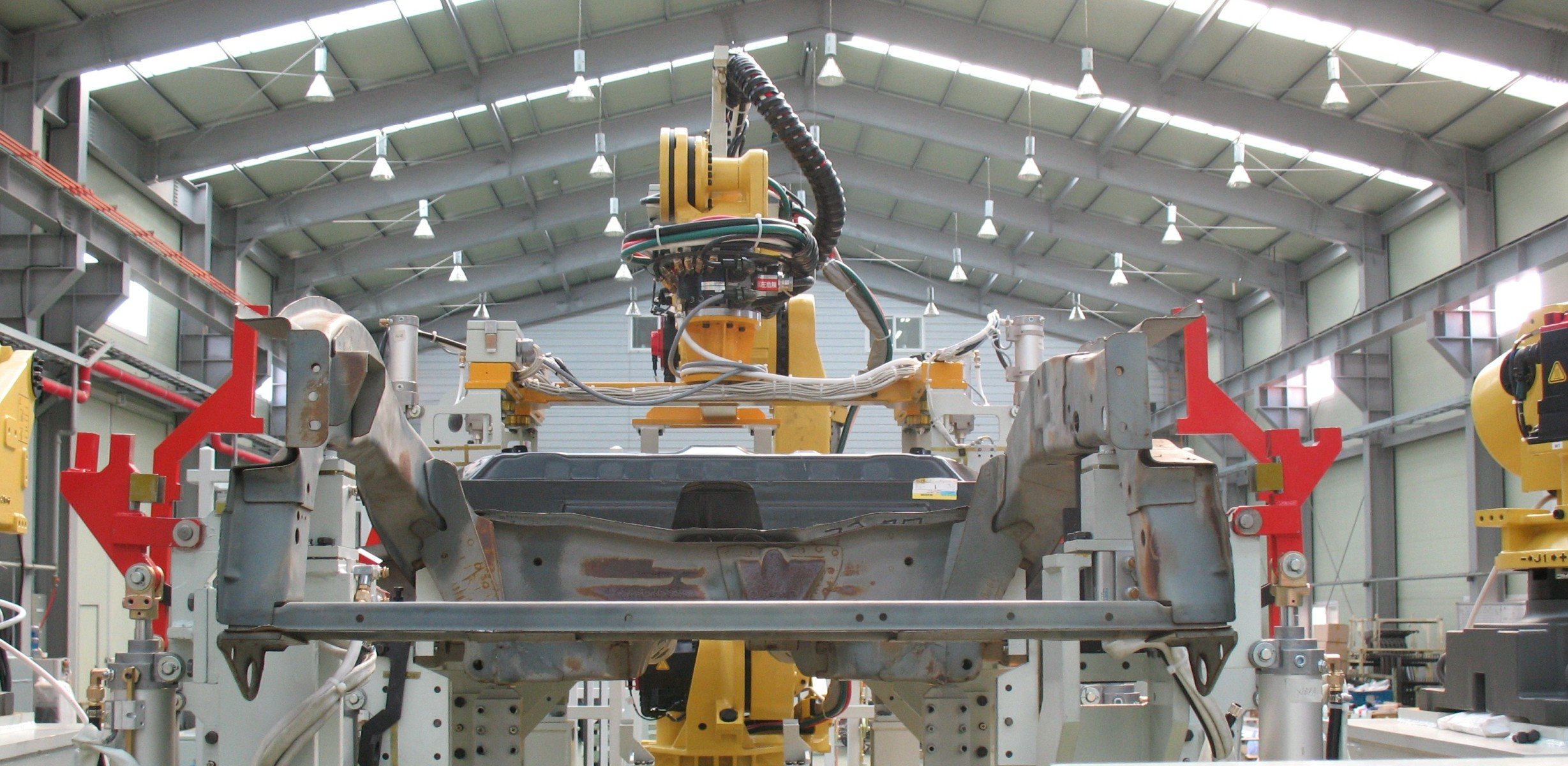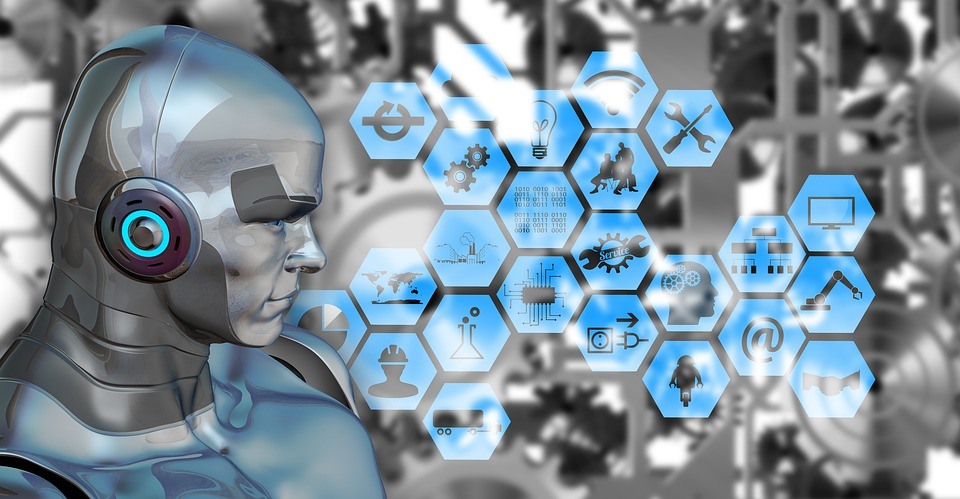Artificial Intelligence | 4 MIN READ
How Artificial Intelligence Can Solve Manufacturing Challenges during Covid‑19?
Written by Machstatz
January 7, 2021

Written by Machstatz
January 7, 2021
Businesses across the world are facing financial and operational challenges due to the pandemic. In this scenario, Artificial Intelligence has emerged as one of the prime solutions for many businesses. Can Artificial Intelligence revolutionize the manufacturing industry during this Covid-19?
There will be interruptions, and I don’t know when they will occur, and I don’t how deep they will occur, I do know they will occur from time to time, and I also know that we’ll come out better on the other end.
Manufacturing Sector and Covid-19 Pandemic
The manufacturing sector is a major part of the economy for many countries across the globe. As a result, different countries are primarily focusing on encouraging the manufacturing sector. Due to the Covid-19 pandemic, the global manufacturing industry (classified into automobile, chemical, electrical & electronics, food & beverage, aviation, pharmaceutical, and others) is facing the heat. It’s no exaggeration to say that the Covid-19 pandemic has changed everything. This situation has increased concerns about the health and safety of the workers on the factory floor. The overreliance on manual operations and processes has ultimately created an impact on organizational agility and production planning.

Manufacturers are facing downward pressure on demand, production, and revenues. The three major concerns of manufacturers are operational options, financial impact, and economic recession.
How to come back stronger and beat the pandemic blues? Experts have suggested that manufacturing organizations should adopt digital solutions to address manual operations and processes. Proactive deployment of automation technologies will help the manufacturing sector to get back into the business by safeguarding consumer and workforce health.
Artificial Intelligence & Manufacturing
The manufacturing industry is one of the many sectors that is being hit by the Covid-19 effect. This sector needs to rebuild operations and processes by adopting AI. The scope of AI in the manufacturing industry is remarkably vast. From machinery, real-time maintenance to better supply chain models, AI can solve the manufacturing challenges and adapt to an ever-changing market.

During this pandemic, there is a chance to grow stronger and become more resilient for the manufacturing industry with AI-driven solutions. This will lay an easier path to the future by enhancing production efficiencies, bringing machine interaction closer to humans, and offering new opportunities. There is a high probability that the manufacturing sector will encounter empowering growth and development.
Automated systems enabled by the Industrial Internet Of Things allows for expansion and streamlines all aspects of the business.
The key benefits of Artificial Intelligence in the Manufacturing Industry
Predictive Maintenance
For manufacturers, the ongoing maintenance of machinery is a huge expense. Adapting predictive maintenance can prove to be a great relief for manufacturers to avoid such expenses. Using the Industrial Internet Of Things and advanced AI algorithms, you can formulate predictions regarding asset malfunction. AI-based advanced analytics and sensor technologies incorporated into machinery enable reliable and fast information about potential machine issues.
Predictive maintenance with AI helps to extend the machine life and results in an overall labor cost reduction. Manufacturers can prevent unplanned repair cost and maintenance costs by implementing predictive maintenance solutions.
Increase in Production Quality
Most of the manufacturing companies have complex production processes. In short periods, it can become difficult to maintain high levels of production quality (while maintaining strict regulations and standards). If you are struggling to meet the demand for product quality and increased customization, then consider a generative design solution. Generative design is a process where designers input various parameters like available production methods, material types, time constraints, and budget limitations into an AI algorithm (as generative design software). This helps in getting a list of possible configurations. Artificial Intelligence algorithm and Machine Learning will test the possible configurations like notify abnormalities in machine behavior, change in material, or any deviation to provide the best options. The generative design process eliminates human bias and offers test design options in a variety of scenarios to ensure the demands are met adequately. The data analytics processed by AI can substantially improve the entire production process.
Low Operational Costs
Many manufacturers will think the implementation of AI can be expensive as it requires a huge capital investment. In reality, implementing AI-driven solutions can be a one-time expense that will considerably reduce operational costs. By using virtual or augmented reality design techniques, the whole production process will be more cost-effective.
Greater Efficiency
Industrial Internet of Things enables the collection of advanced analytics and vast amounts of data to gain insights into consumer behavior. This will help in predicting the trends, market development forecast across time, macroeconomic cycles, and more. As a result, manufacturers will experience refine processes, track incongruities, and get the best quality finished product.
Safety
To avoid errors and accidents on the factory floor or processing environment, AI-driven technologies can come to the rescue. Using advanced sensory equipment integrated with AI technology will lead to an overall improvement in industrial safety
Curb the Effects of Covid-19 with AI
AI has become one of the most critical factors for restarting the business operations for the manufacturing sector during this global pandemic. Various factors like shortage of man force, large-scale lockdowns, and supply chain disruptions have driven many manufacturing companies across the world to implement AI-based solutions. It has helped manufacturers to digitally transform operations (.e.g. autonomous material movement is done using the robotic solution) and make data-driven decisions. To limit human involvement and automate several stages of manufacturing, AI is the best solution
By implementing AI, manufacturers will be able to enjoy some added benefits
- Create data determined decisions
- Enjoy enhanced product outcomes
- Experience minimum operational costs
- Achieve superior scalability
- Witness product development